If there is no struggle there is no progress
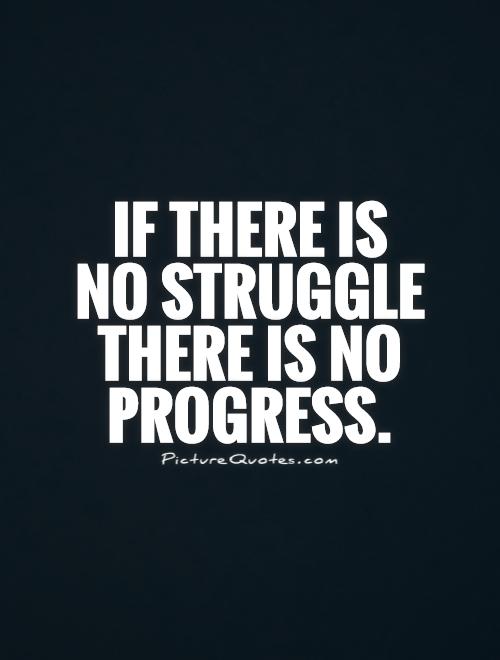
If there is no struggle there is no progress
Frederick Douglass, a prominent African American abolitionist and social reformer, is often quoted as saying, "If there is no struggle, there is no progress." This statement encapsulates the essence of his life and work, as he fought tirelessly against the institution of slavery and for the rights and freedoms of African Americans.Born into slavery in Maryland in 1818, Douglass endured unimaginable hardships and struggles from a young age. Despite facing immense obstacles, he managed to educate himself and escape to freedom in 1838. Douglass went on to become a powerful voice in the abolitionist movement, using his own experiences to shed light on the brutal realities of slavery and advocate for its abolition.
Throughout his life, Douglass faced numerous challenges and setbacks in his quest for equality and justice. He was often met with resistance and hostility from those who sought to maintain the status quo of slavery and oppression. However, Douglass remained steadfast in his beliefs and continued to fight for the rights of African Americans, even in the face of adversity.
Douglass understood that progress could only be achieved through struggle and perseverance. He knew that change would not come easily or quickly, but that it was essential to keep pushing forward in the face of resistance. Douglass believed that the struggle for freedom and equality was a necessary part of the journey towards progress and that without it, true change could never be realized.
In his famous speech, "What to the Slave is the Fourth of July?" Douglass eloquently articulated the need for struggle in the pursuit of progress. He challenged his audience to confront the injustices of slavery and to work towards a more just and equitable society. Douglass understood that progress required sacrifice and determination, and he was willing to endure whatever hardships necessary to achieve his goals.


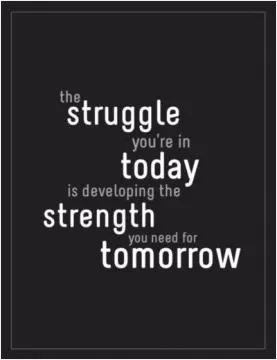
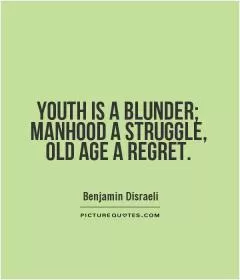



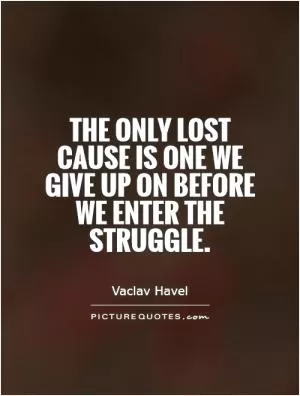


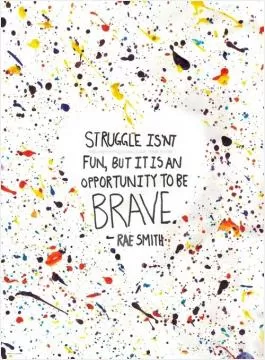

 Friendship Quotes
Friendship Quotes Love Quotes
Love Quotes Life Quotes
Life Quotes Funny Quotes
Funny Quotes Motivational Quotes
Motivational Quotes Inspirational Quotes
Inspirational Quotes